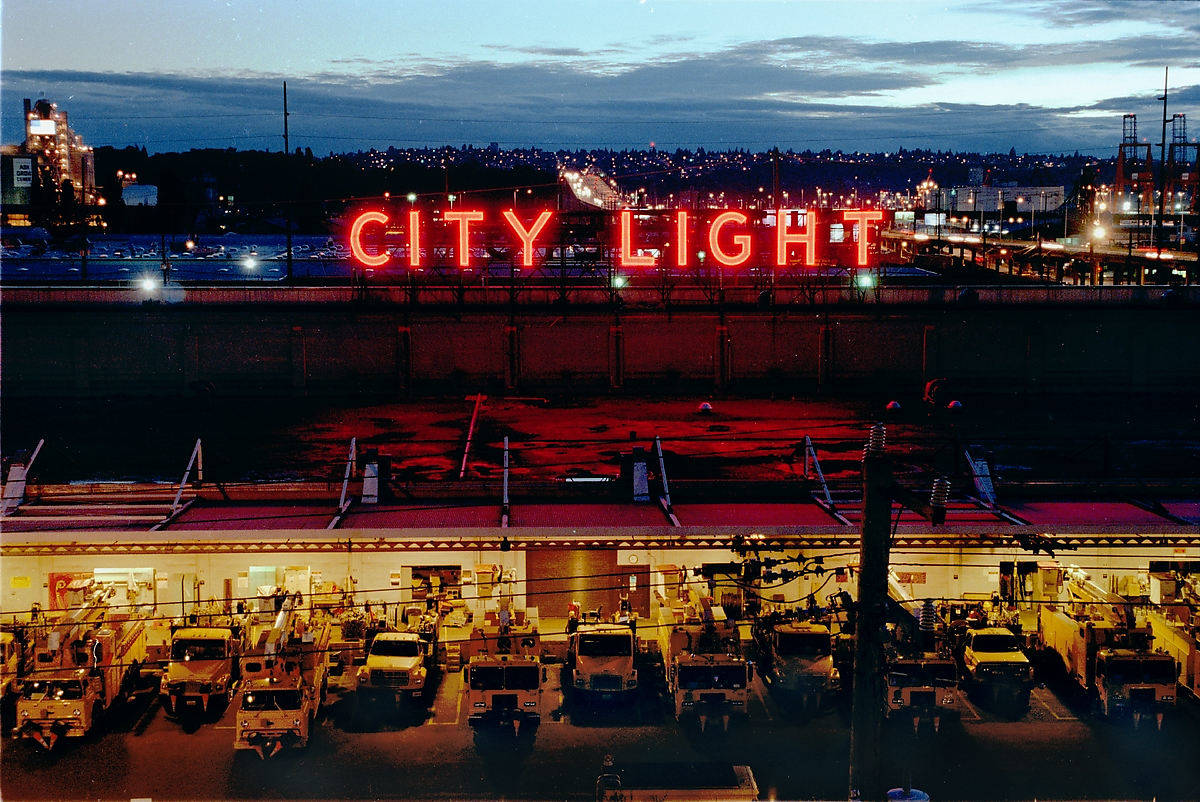The ACLU of Washington says it has serious concerns about the upcoming roll out of Seattle City Light’s advanced metering—as well as the process for opting out of the program.
In a letter sent to the Seattle City Council this week, Technology and Liberty Project Director Shankar Narayan argues that Seattle City Light does not have adequate protections on the books for how the detailed data the meters will collect could be used. Narayan argues that as written, City Light policy allows the utility to store customer data for long periods of time and that this data could fall into the hands of a third party or, even more likely, law enforcement.
Narayan says this is concerning, given that the whole point of smart meters—as they’re commonly known—is that they collect granular data of energy use, not the chunky month-by-month readings that current meters show. The data can be so specific that intimate details of people’s lives can be deduced by analyzing the meter readings.
“For example, German researchers demonstrated the ability to determine what film was being shown on a given TV based on its unique power profile,” Narayan writes.
Narayan says City Light’s privacy policies are too vague, and leaves room for this kind of detailed data to be used for inappropriate purposes.
“The city must create clear guidelines around what data smart meters collect, who accesses the data, what it can and cannot be used for, and what meaningful and informed consent must be given before the meters are deployed,” he writes.
Scott Thomsen, spokesman for the utility, says many of Narayan’s charges are inaccurate or misleading, including the TV comment; City Light will only see four-hour breakdowns of electricity use for an entire house, meaning it would be impossible to determine what a single appliance was doing at a given time. Thomsen reiterated City Light’s stance that advanced metering is a big win for customers, since it will give them more accurate readings, quicker response time to power outages, and data they can use to curb electricity use. It’s even a win for privacy, he argues, since the meters communicate wirelessly, eliminating the need for meter readers.
“In terms of privacy, that’s one less person that’s physically walking into your yard,” he says.
Thomsen says City Light submitted the program to a privacy audit with the city’s IT department. The audit ordered several additional steps the utility should take to protect privacy, which City Light is now implementing, he says.
City Light says it hopes to start installing the meters this summer, and be wrapped up by December 2018.
As we reported earlier this month, in addition to privacy concerns, some Seattleites are also worried about the health effects of the radio frequency transmissions the meters will give off to wirelessly transmit data. That said, just over 100 customers so far have completed the process of opting out of the program. Narayan says in his letter this is because the city has not done enough to educate customers, and that City Light has erected unreasonable barriers to opting out, including at $124 opt-out fee and recurring $15 fees. Narayan says it should be free to opt-out.
dperson@seattleweekly.com








